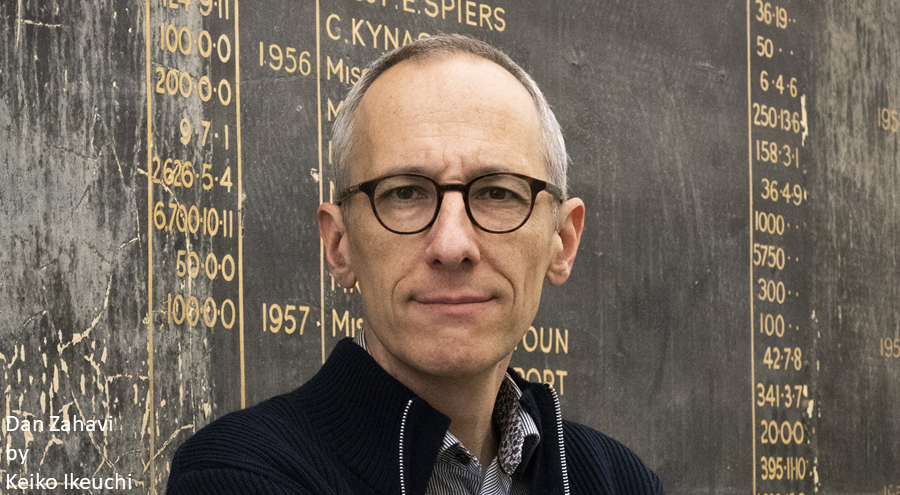Continuing Season Five of the BSP Podcast, Professor Dan Zahavi, University of Copenhagen and University of Oxford, from ‘Engaged Phenomenology’.
Season 5 episode 91: 31 October 2020
Season five of our podcast features presentations from our 2020 annual conference: ‘Engaged Phenomenology’ Online. In this episode we release one of our keynote talks, that of Professor Dan Zahavi. Zahavi is Professor of Philosophy, University of Copenhagen, Professor of Philosophy, University of Oxford, and Director of the Center for Subjectivity Research (CFS).
Listen to this episode on the BSP’s Podbean site
You can also find this episode on iTunes and all good podcasting apps by searching ‘BSP Podcast’.
Dan Zahavi
‘Pure and Applied
Phenomenology’
ABSTRACT: At its core, phenomenology is a philosophical endeavour. Given its distinctly philosophical nature, one might reasonably wonder whether it can offer anything of value to positive science. Can it at all inform empirical work? There can, however, be no doubt about the answer to these questions. For more than a century, phenomenology has provided crucial inputs to a variety of disciplines in the social sciences and the humanities, including psychology, sociology, and anthropology. Within the last few decades, phenomenology has also been an important source of inspiration, not only for theoretical debates within qualitative research but also for ongoing research within the cognitive sciences. But what is the best way to practice, use and apply phenomenology in a non‐philosophical context? How deeply rooted in phenomenological philosophy must the empirical research be in order to qualify as phenomenological? How many of the core commitments of phenomenology must it accept? In my talk, I will discuss and assess some different answers to these questions.

BIO: Dan Zahavi is Professor of Philosophy at University of Copenhagen and University of Oxford, and director of the Center for Subjectivity Research in Copenhagen. In addition to a number of scholarly works on the phenomenology of Husserl, Zahavi has mainly written on the nature of selfhood, self-consciousness, intersubjectivity, and social cognition. His most important publications include Self-awareness and Alterity (1999), Husserl’s Phenomenology (2003), Subjectivity and Selfhood (2005), The Phenomenological Mind (together with Shaun Gallagher) (2008/2012), Self and Other (2014), Husserl’s Legacy (2017), and Phenomenology: The Basics (2019). Zahavi also serves as the co-editor in chief of the journal Phenomenology and the Cognitive Sciences.
This recording is taken from the BSP Annual Conference 2020 Online: ‘Engaged Phenomenology’. Organised with the University of Exeter and sponsored by Egenis and the Wellcome Centre for Cultures and Environments of Health. BSP2020AC was held online this year due to global concerns about the Coronavirus pandemic. For the conference our speakers recorded videos, our keynotes presented live over Zoom, and we also recorded some interviews. Podcast episodes from BSP2020AC are soundtracks of those videos where we and the presenters feel the audio works as a standalone: https://www.britishphenomenology.org.uk/bsp-annual-conference-2020/
The British Society for Phenomenology is a not-for-profit organisation set up with the intention of promoting research and awareness in the field of Phenomenology and other cognate arms of philosophical thought. Currently, the society accomplishes these aims through its journal, events, and podcast. Why not find out more, join the society, and subscribe to our journal the JBSP?

